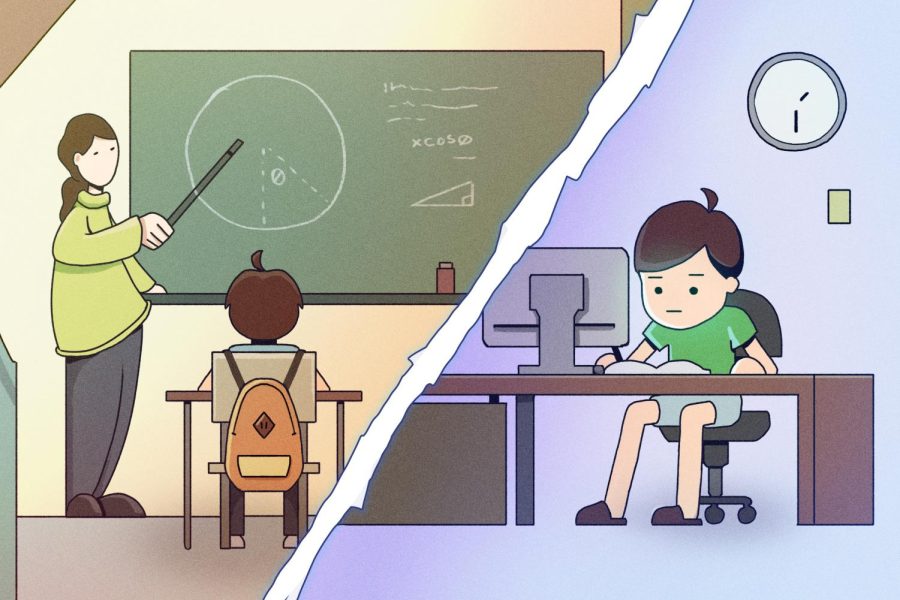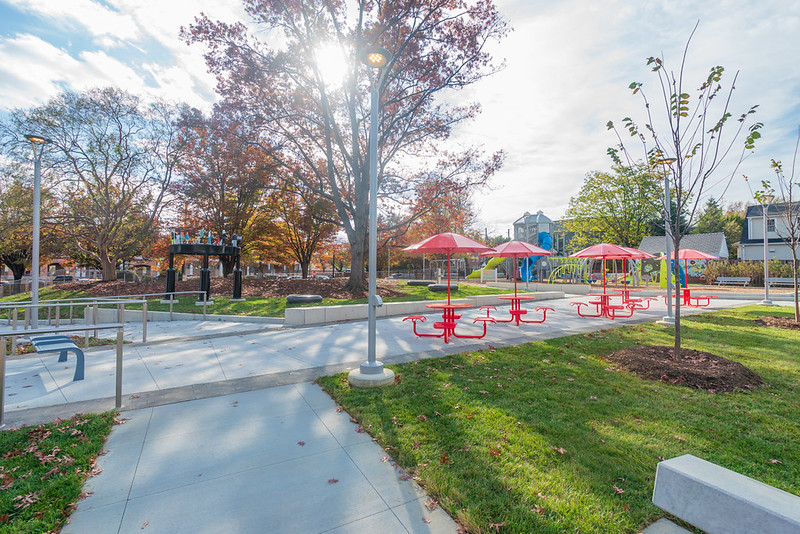Updated Monday, March 31.

A federal judge ruled Monday afternoon that Danny Milzman (’12) must remain in jail pending trial after Milzman was charged with possession of the biological toxin ricin. U.S. District Court Judge Richard W. Roberts cited Milzman’s potential danger to the community.
Roberts overruled a magistrate judge’s decision from last week to release Milzman to an inpatient psychiatric treatment program at Sibley Hospital, the Washington Post reported.While conceding Milzman may have been suicidal, the judge said the Georgetown sophomore might have had other motivations for making the ricin.
“It does not eliminate the possibility that he meant to hurt others,” Roberts said, according to WTOP.
In the decision, Roberts said he was worried about the conversation Milzman had with a friend, during which Milzman allegedly said he was “definitely a threat to someone else.”
Milzman’s “ability and determination” to make the ricin “reflects the seriousness of the danger to others should he be released,” Roberts said, reported the Post.
Judge delays decision on Milzman’s release
Updated Thursday, March 27.
A U.S. District Court judge delayed his ruling on the government’s appeal to keep Danny Milzman (‘12) in custody. The Georgetown sophomore is charged with producing the deadly chemical ricin.
During a detention hearing Tuesday, Judge John M. Facciola ordered Milzman’s release, first to a two-week psychiatric program at Sibley Hospital and then to his parents’ custody.
But the government appealed his decision, saying that he could be a risk to others. In a hearing Wednesday afternoon, Chief Judge Roberts delayed his decision on Milzman’s pre-trial detention until Monday.
Prosecutors argue there is sufficient evidence to believe Milzman intended to use the ricin against another individual, according to court documents. However, Milzman’s attorney countered that the ricin “was not intended for anyone other than himself,” the Washington Post reported.
“He was tortured,” Milzman’s attorney, Danny Onorato, said during Tuesday’s hearing, according to the Post. “He was having a hard time in his life. He was a scared 19-year-old kid.”
According to court documents, Milzman told the FBI he intended to use the toxin to commit suicide. A death from ricin would appear more natural than a suicide using a gun or other weapon, he told authorities. Milzman said he learned about ricin from the television show “Breaking Bad” and the Quiz Bowl team he started at Georgetown.
Prosecutors called Milzman’s behavior “some of the most nefarious and calculating behavior imaginable,” according to court documents.
Milzman informed his friend Thomas Lloyd, a resident advisor at Georgetown, that he felt unfulfilled by his classes and relationships. Milzman said he was engaging in what he called “risky behavior” and called himself “a threat to someone.” He claimed he was not suicidal, according to the court records, and Lloyd maintained that Milzman, though he was crying and emotional, did not show any warning signs for suicide.
Milzman’s lawyer told the judge that prison would produce adverse effects for the troubled student. Instead, Milzman needs psychiatric treatment, he argued.
After the detention ruling next week, prosecutors must decide whether or not to take the case to a federal grand jury to indict Milzman. Under federal law, the government has 30 days after the defendant’s first court appearance to obtain an indictment, although Milzman’s lawyers could agree to extend that deadline, said an attorney who has practiced federal criminal law.
Georgetown law professor Abbe Smith believes the defense might seek “some sort of plea,” she told The Black & White. Milzman’s lack of a prior record, in addition to his history of depression, might improve his chances of receiving a more favorable plea, Smith said.
“As defense counsel, you want to avoid any sort of prison sentence in this case,” she said.
Ben Zimmermann contributed to this report.








